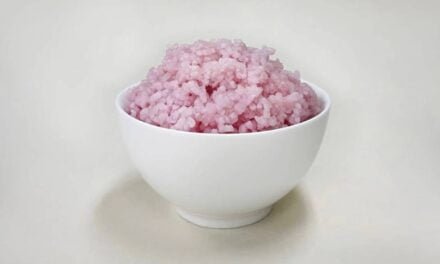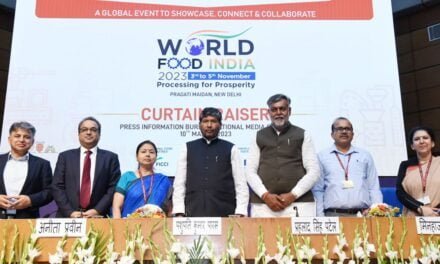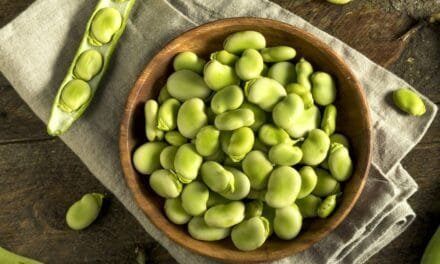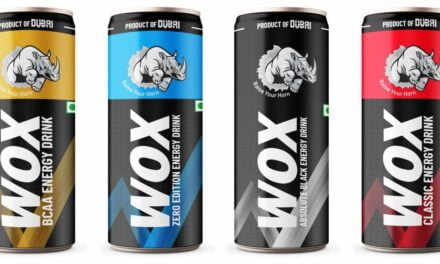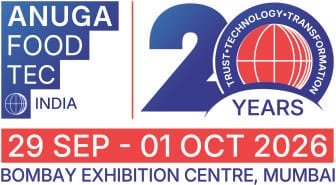Nestlé India’s latest annual report reveals that India has grown to be Maggi’s largest global market and the second-largest for KitKat, a chocolate wafer brand.
Nestlé India, a global Swiss food and beverage company, has recorded double-digit growth in its local subsidiary, demonstrating the company’s emphasis on the company’s focus on penetration, premiumization, and innovation.
“The Prepared Dishes and Cooking Aids business recorded a strong growth momentum. It was aided by a balance of product mix, pricing, and volume growth in Maggi noodles and Maggi Masala-ae-Magic, supported by strong consumer engagement and market presence with media campaigns and attractive consumer activations,” the company’s latest annual report said.
Nestlé India reported sales of 4,200 million KitKat fingers. New product launches, distribution network expansion, and inventive brand activations contributed to the company’s growth. “KitKat has emerged as the star performer, by not only delivering strong growth but making Nestlé India the second largest market for the brand globally,” it said.
The company intends to invest around Rs. 7,500 crores between 2020 and 2025 to build new capabilities and enhance existing ones, emphasising long-term growth and innovation. Nestlé India has also declared that it will continue to pay royalties to its parent company at the current rate of 4.5% of net sales after shareholders rejected a proposal to increase them.
“Strengthening this further, your company is poised to invest approximately Rs 7,500 crore between 2020 and 2025 to develop new capabilities and expand existing ones with a sharp focus on sustained growth and innovation,” its Chairman & Managing Director Suresh Narayanan said while addressing shareholders in the report.
The sales of products are expected to reach over 6% in 2023, up from 3% in 2018. Nestlé’s export business also showed good growth, with all key brands and product groups experiencing consistent growth despite food inflation and volatile commodity prices.
The company is focused on innovations, and in the past eight years, it has launched over 140 products. A significant portion of sales in 2023 was attributed to innovative products.
According to Narayanan, plant-based products present a significant opportunity for Nestle India, which has been operating here for 112 years. It is also expanding its presence, and through the RUrban journey, its direct coverage has gone beyond two lakh villages.
In April, the board approved increasing royalty payments to its parent company by 0.15% per year for the next five years, enhancing them to 5.25% of net sales. Nestlé India’s general licence fee rate is comparatively lower than that of other multinational corporations in India.
About Nestlé India
Nestlé India is a subsidiary of the world’s largest food and beverage company, Swiss-based Nestlé. Nestlé’s relationship with India dates back to 1912 when it began trading as The Nestlé Anglo-Swiss Condensed Milk Company (Export) Limited, importing and selling finished products in the Indian market.
After India’s independence in 1947, the economic policies of the Indian Government emphasised the need for local production. Nestlé responded to India’s aspirations by forming a company in India and setting up its first factory in 1961 at Moga, Punjab, where the Government wanted Nestlé to develop the milk economy.

Have news to share? Write to us editorial@pfionline.com


